A bird flu prevention zone will be introduced in Northern Ireland (NI) from midnight on 17 November, Minister for Agriculture Edwin Poots has confirmed.
The prevention zone places a legal requirement on all bird keepers in Northern Ireland to follow strict biosecurity measures. This applies if you keep pet birds, commercial flocks or just a few birds in a backyard or hobby flock.
The decision to introduce the zone in Northern Ireland comes following multiple detections of highly pathogenic avian influenza (HPAI) H5N1 in wild birds across Britain, with cases of the H5N1 strain being confirmed in captive birds and poultry in five different locations.
There have also been confirmed cases in wild birds across four locations in the Republic of Ireland.
Sound expert advice
Minister Poots said: “The recent positive findings of H5N1 in wild birds in the Republic of Ireland suggest that the disease may already be present here in Northern Ireland. I have therefore taken the decision to declare an avian influenza prevention zone from midnight 17 November based on sound expert advice and in consultation with industry.
“This is a necessary precautionary step that requires all bird keepers to take appropriate action to review and enhance the measures to protect their birds from this highly infectious disease.”
The chief veterinary officer for NI, Dr Robert Huey, added that the prevention zone is necessary to help prevent any contact that wild birds might otherwise have with poultry or other captive birds.
“It reduces the risk of contamination from the virus to food and water provided to poultry and other captive birds, therefore reducing opportunity for the disease to spread between premises.
“I am urging all flock keepers, even if you keep just one bird, to take action now to improve biosecurity in order to prevent an incursion of the disease into our poultry flock. If avian influenza were to enter our Northern Ireland flock, it would have a significant and devastating impact on our poultry industry, international trade and the wider economy.”



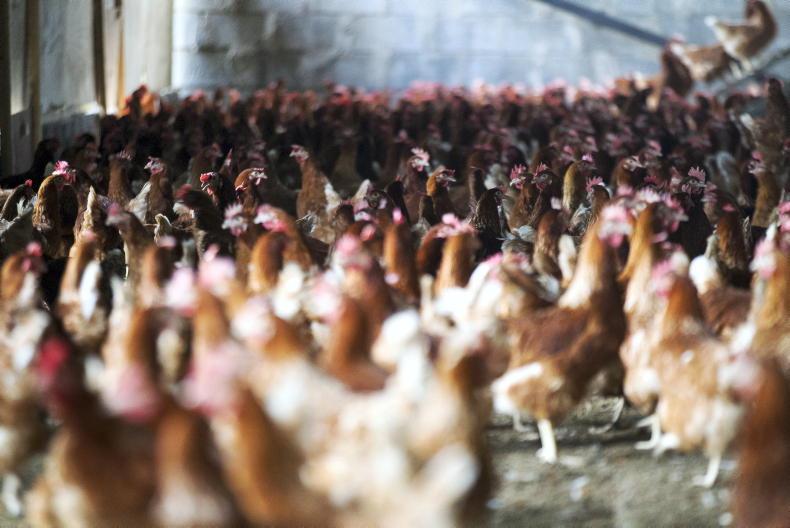

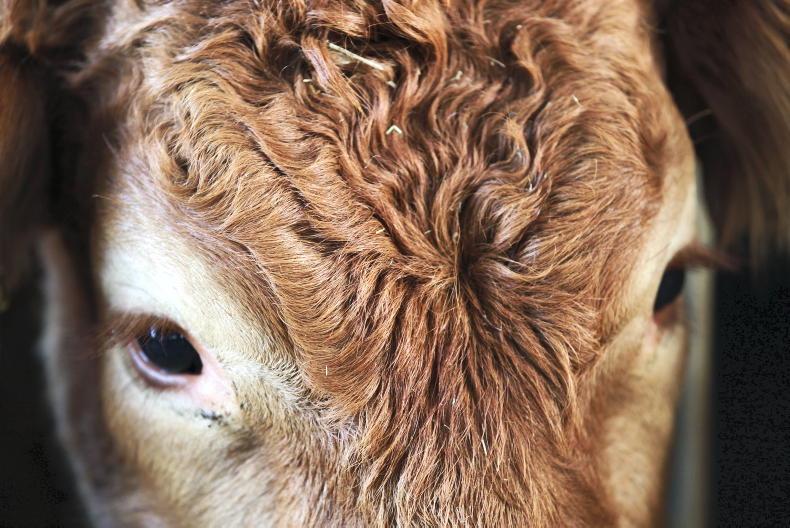
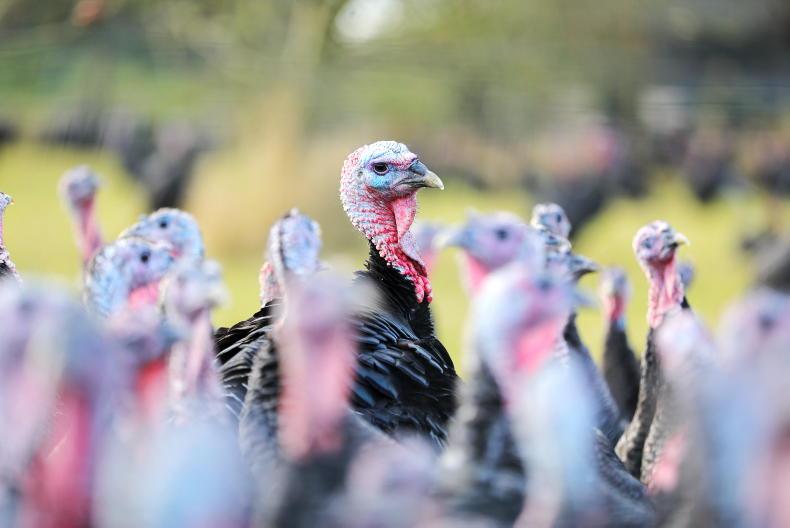
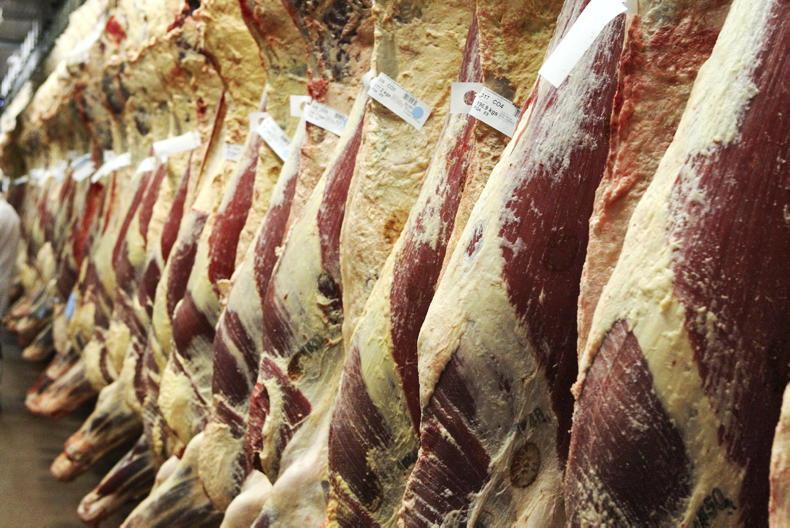
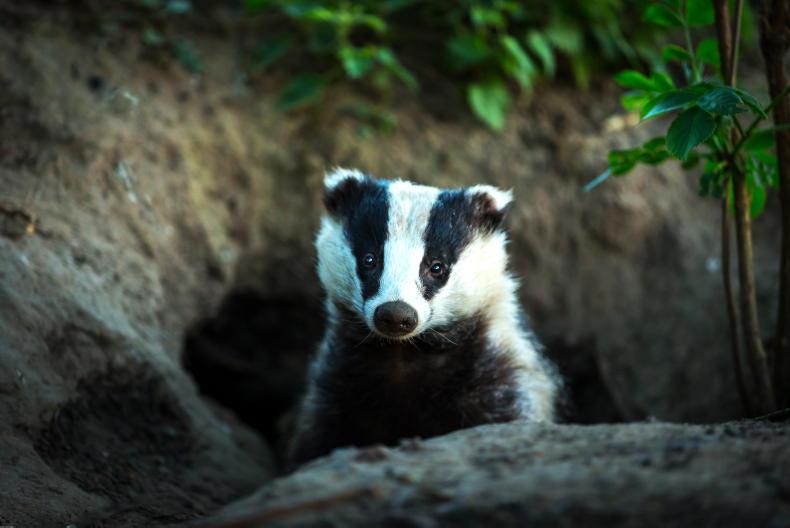
SHARING OPTIONS